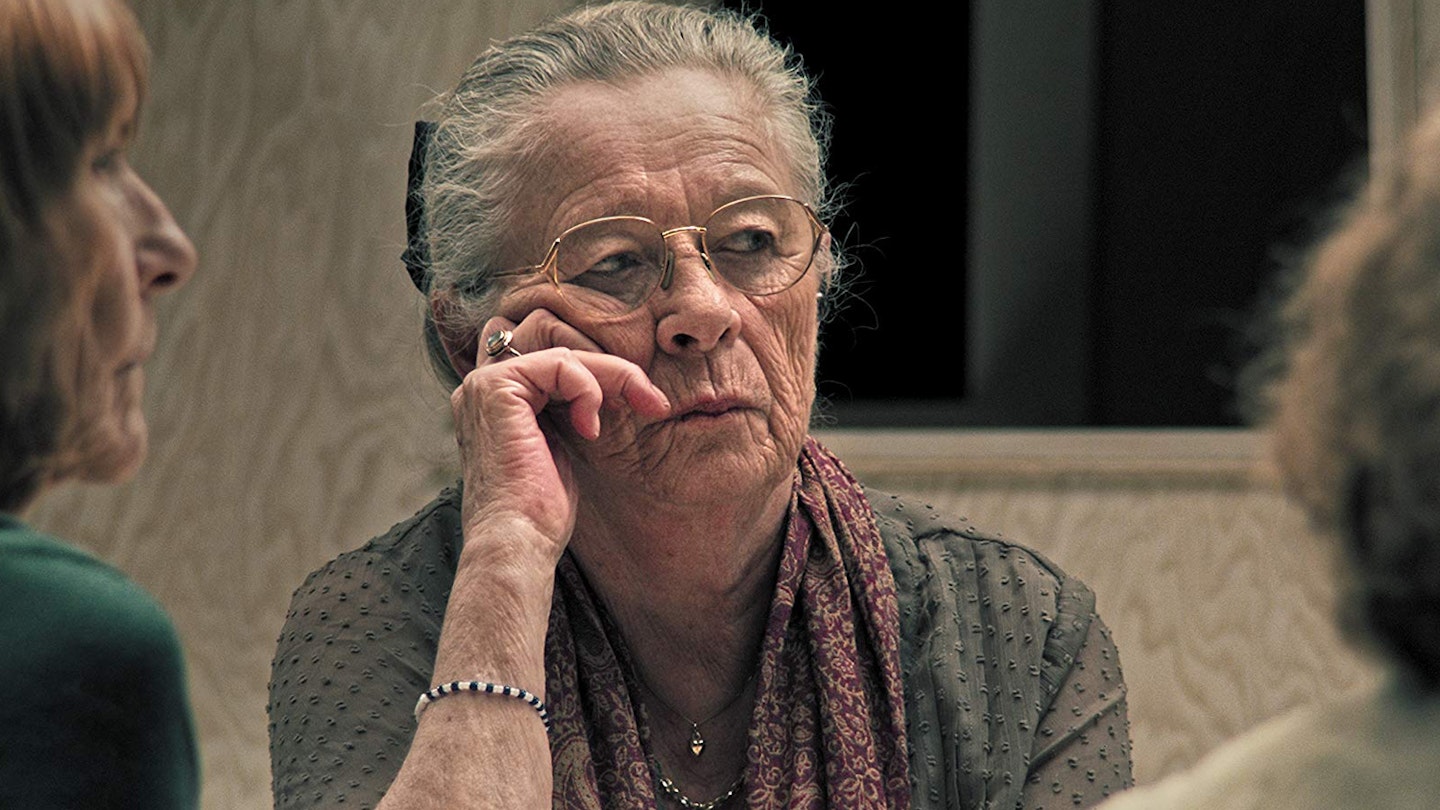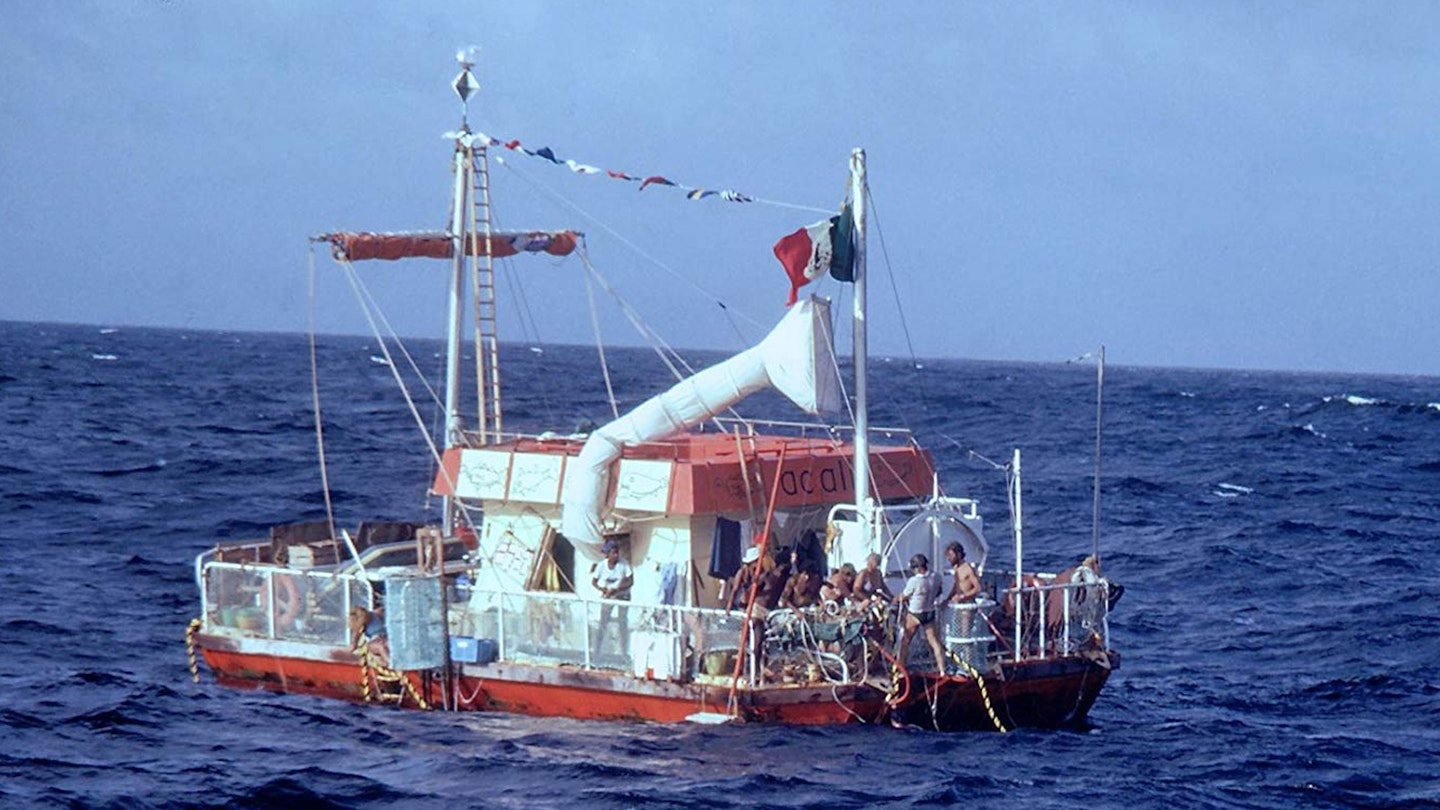In 2019, 11 scantily clad strangers — six women, five men — from all corners of the globe setting sail on a boat across the Atlantic with no books and tons of booze is a solid premise for an E4 reality show. But in 1973, it was the basis for an audacious social experiment carried out by Mexican anthropologist Santiago Genovés, who looked to answer one of life’s biggest questions — can we do without war? — through the prism of a three-month ocean-bound adventure sailing from the Canary Islands to Mexico. Swedish filmmaker Marcus Lindeen’s engaging documentary effectively delves into the intriguing subject matter, delivering an engrossing exploration of human dynamics that still resonate today.

Lindeen’s film takes a two-pronged attack. One strand etches the arc of the experiment using a welter of archive footage shot on board the boat, the Acali, and a voiceover taken from the late Genovés’ diaries read by actor Daniel Giménez Cacho (great voice). After introducing the key players (Genovés puts the women in the most important positions, including a female captain, to see if their leadership will generate less antagonism), the journey starts pleasantly enough with lots of smoking and sex (although they do punch a fish out like Neil in The Inbetweeners). But, with the mellow vibe not generating the interactions and therefore data the social scientist needs, after 51 days Genovés starts to provoke his volunteers.
An absorbing portrait of a bold historical experiment.
The sense of growing unease and distrust of Genovés’ methods form the body of the film’s other element. Lindeen and production designer Simone Grau Roney create a full blown replica of the Acali in a studio and invite the surviving volunteers back to revisit their experiences 40 years on. As well as being visually more arresting than talking heads, the boat also brings to life some of the routines and reminiscences (for example the unique way of going to the toilet) that dominated the group’s time at sea.
As we learn more about Genovés’ disruptive MO — he made public each member’s confidential thoughts about the group, he threw water in their faces and eventually took over the captaincy — the memories are candid (some reveal fantasies of killing him) and conflicted: no consensus is reached about his process or intentions. The film also brings out Genovés’ disillusionment with the outside world’s response to his project, being disowned by his alma mater and the mission dubbed ‘Sex Raft’ by the media.
In many ways the power of the film is exactly aligned to the potency of the experiment. Lindeen is alive to the (still relevant) racial, gender and cultural conflicts that bounced around the boat and makes sure they reverberate around the modern-day sections. Confidently put together with a nod to Errol Morris (right down to the minimalist score), The Raft takes a fascinating, gripping subject and does it justice.
